Talking Tactics: How Germany went from complacency to disaster
29 Jun 2018 FIFA 2018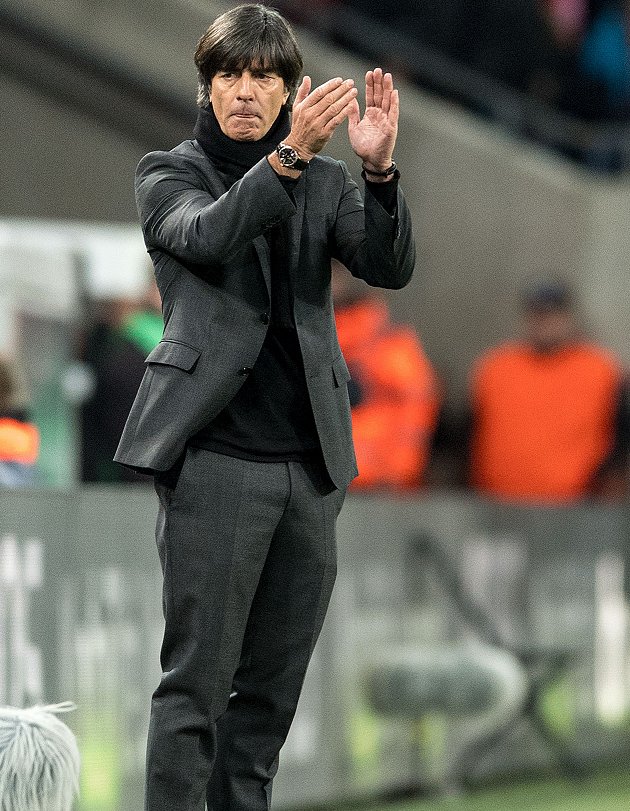
Related FIFA 2018 News
-

World Cup 2018: Barcelona’s Ivan Rakitic predicts which teams will reach the finals
The midfielder reckons he will probably face a Barcelona team-mate in Sunday’s final but has some bad news for France.
-
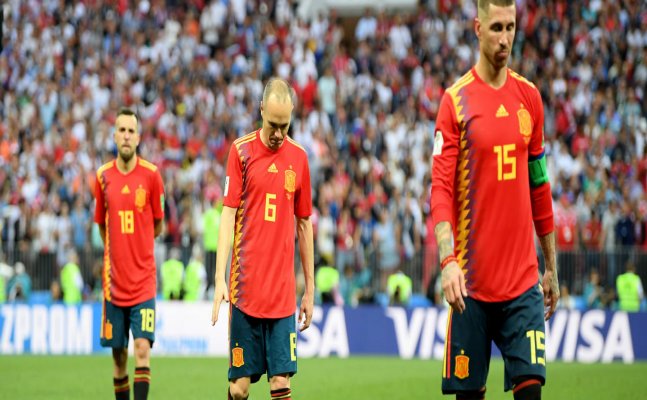
Fifa World Cup 2018 – A Case of Missing Stars
Russia beat Spain in a penalty shoot-out to move into the FIFA World Cup 2018 quarter-finals and knock out the 2010 champions in Moscow on Sunday. Iago Aspas’ penalty was saved by Igor Akinfeev to hand Russia victory after a match that Spain had completely dominated. Earlier, Spain and Russia were locked at 1-1 in regulation time. Four France goals ended Lionel Messi's fourth FIFA World Cup on Saturday and may have brought down the curtain on an international career seemingly destined to end in disappointment.
-

From Moscow to Saint Petersburg
DisgracefulYesterday, Japan advanced to the last-16 because they received less yellow cards in the group stage than Senegal. But in a short, intense period like the World Cup, the volume of yellow cards is inevitably going to increase. It was a farcical period of the tournament and it must be changed in 2022. Stay bloody calm! The past two weeks have gone too fast so it's nice to have some time to reflect on the experience.
-

Degryse declares Man Utd reject Januzaj 'proved he deserved his place against England'
Former Belgium attacker Marc Degryse was impressed by Adnan Januzaj for their World Cup win over England yesterday. The Real Sociedad winger scored the only goal of the 1-0 win. Degryse said of former Manchester United midfielder Januzaj: "Immediately after the break we saw a class flash from Januzaj, who showed that he deserves his selection. "It was a typical Januzaj action: threatening and then looking for the far post. For example, Januzaj has proven that he can decide a game from scratch.
-
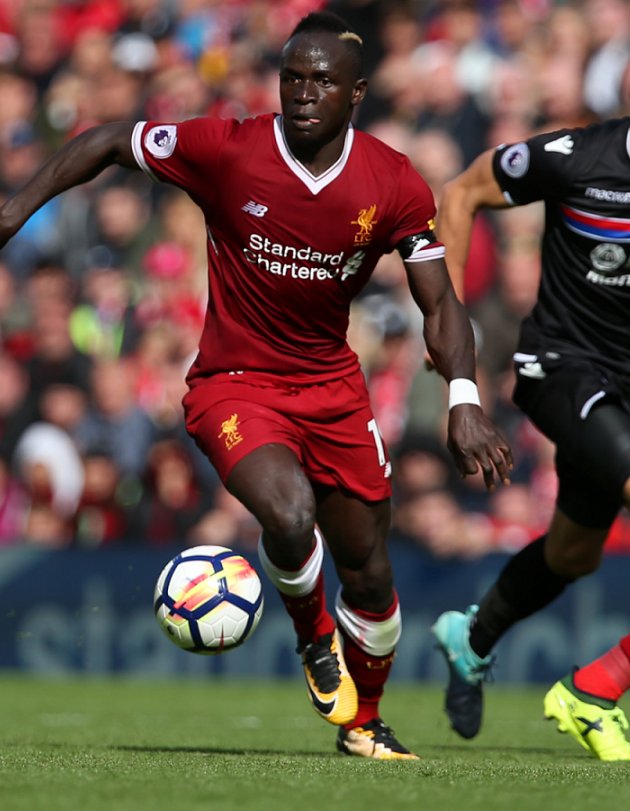
Ex-Everton captain Neville: Don't blame Mane for disappointing World Cup
Former Everton captain Phil Neville believes Liverpool attacker Sadio Mane hasn't received the right service from his Senegal teammates at the World Cup. “I don't think they've fed him really that well," Neville said of Mane. “Sarr on the other side has actually been a little bit more impressive. “I actually think they've got to get better support. “I think that's what (Keita) Balde will give them, a little bit more support up there."
-
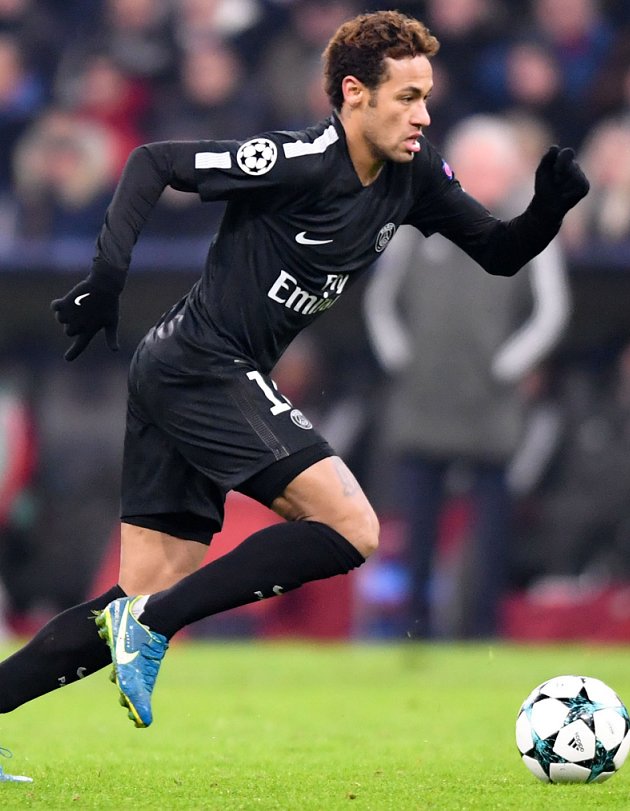
Liverpool legend Souness: Neymar not close to Messi, Ronaldo class
Liverpool legend Graeme Souness has questioned the hype around PSG star Neymar. Souness believes Neymar is being found out at the World Cup as he battles to make an impact with Brazil. "I think he's yet to come alive," Souness said at the launch of TV3's fall schedule. We've had two of the greatest players that have ever kicked a ball in the last decade, in Messi and Ronaldo. "I've seen it in glimpses but not in a consistent way both those two, Ronaldo and Messi, have shown us.
-
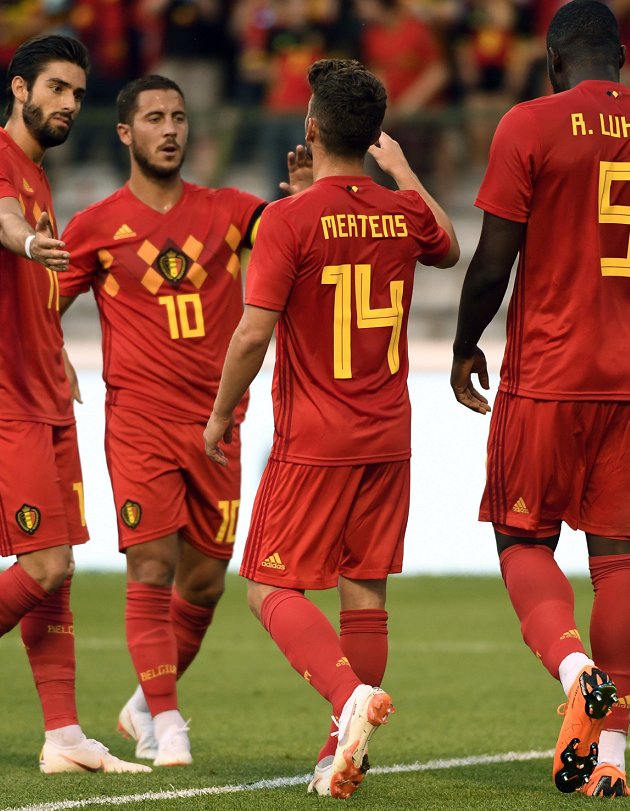
WORLD CUP 2018: Belgium top Group G after beating England
England and Belgium squared off in a tie that was meant to decide the winner of Group G given both sides were already through to the Round of 16. Somewhat unsurprisingly Gareth Southgate and Roberto Martinez opted to field what many would consider as weakened teams with the likes of Harry Kane, Romelu Lukaku, Eden Hazard and Dries Mertens amongst others being left out of their respective sides ahead of the knockout stages. The game's early stages was somewhat boring, but England did well to keep hold of the ball and apply pressure thus reducing Belgium's opportunities to launch attacks, but the Red Devils also did quite well to soak up the pressure and prevent England from finding the back of the net. The second-half was more open as Adnan Januzaj curled the ball into the back of the in the 51st minute which evidently served as a wakeup call for England. Danny Welbeck was brought on for Trent Alexander-Arnoldin the 79th-minute in a bid to introduce a new dynamic to England's attack but it proved unsuccessful as Belgium secured a 1-0 lead over the Three Lions thus finishing top of Group G.WORLD CUP - GROUP GEngland - 0Belgium - 1 (Januzaj 51')Kaliningrad Stadium, Kaliningrad
-
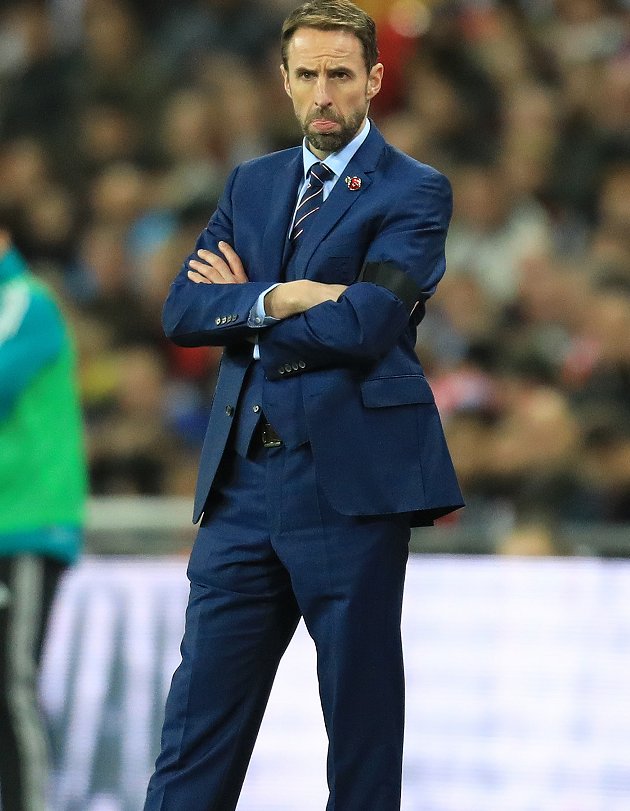
England coach Southgate defends team selection for Belgium defeat
England coach Gareth Southgate has defended resting Tottenham striker Harry Kane for their World Cup defeat to Belgium. Southgate rung the changes for England's final Group G match safe in the knowledge his side were already through to the round of 16. "This was a game we wanted to win but the knockout game is the biggest game for a decade so needed to make sure our key players were reserved," said Southgate. "The players tonight gave everything. I think the supporters understand what the most important thing is."
-
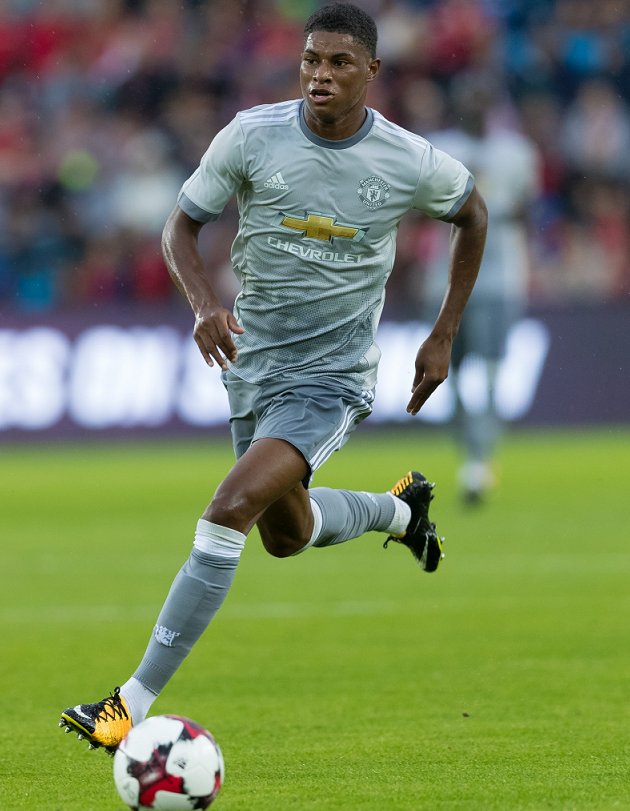
England striker Rashford frustrated by Courtois 'again!'
Manchester United striker Marcus Rashford was frustrated with his fluffed chance in England's defeat to Belgium. England finished second in Group G after the loss in Kaliningrad and will now face Colombia in the last-16. Rashford was put through one-on-one with Thibaut Courtois but the Chelsea stopper touched his effort around the post. "I know that he comes out fast and spreads himself very big when he comes out. "It was difficult today but we have an opportunity now to improve in the days of training before the next game."
-
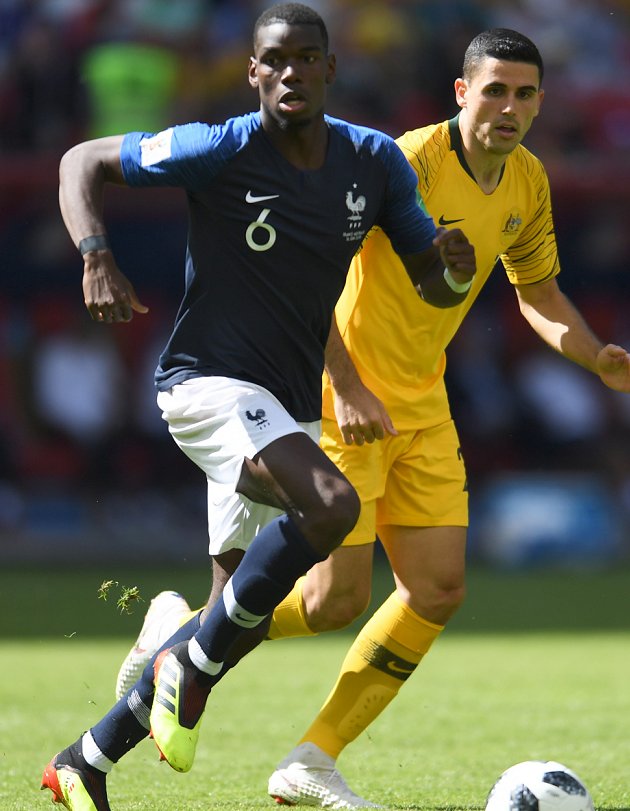
France attacker Lemar declares Man Utd ace Pogba 'leading us all'
Atletico Madrid signing Thomas Lemar has hailed the leadership qualities of France teammate Paul Pogba. Lemar insists Manchester United midfielder Pogba is a popular figure amongst the France squad and has hailed the former Juventus man's leadership. “He's leading us all, he's smiling, he's also giving is good advice," Lemar said. “He's a guy who like to take responsibilities and he's doing it well in this tournament. “I hope it will go on like that for him and us in the competition."
-

Man Utd reject Januzaj: I wanted to show my English critics
Belgium matchwinner Adnan Januzaj had a word for his critics in England after yesterday's World Cup performance. Real Sociedad winger Januzaj toyed with Danny Rose before unleashing a classy finish to hand Belgium a 1-0 win over England on Thursday. I'm very pleased to score a great goal against a good opponent. This year I've been playing in a team at Real Sociedad who have made me grow as a player. I'm very pleased to be going that way."
-

Real Madrid fullback Carvajal defends Spain 'commander' Iniesta
Real Madrid fullback Dani Carvajal has defended Spain teammate Andres Iniesta over his World Cup form. "With Iniesta, there are too many things to say about him," said Carvajal. "He's our star, our commander." He also had words of praise for Isco, calling him one of the team's "leaders" when the opposition are tough to break down. He's having an incredible World Cup and I hope he continues to play as well going forward."
